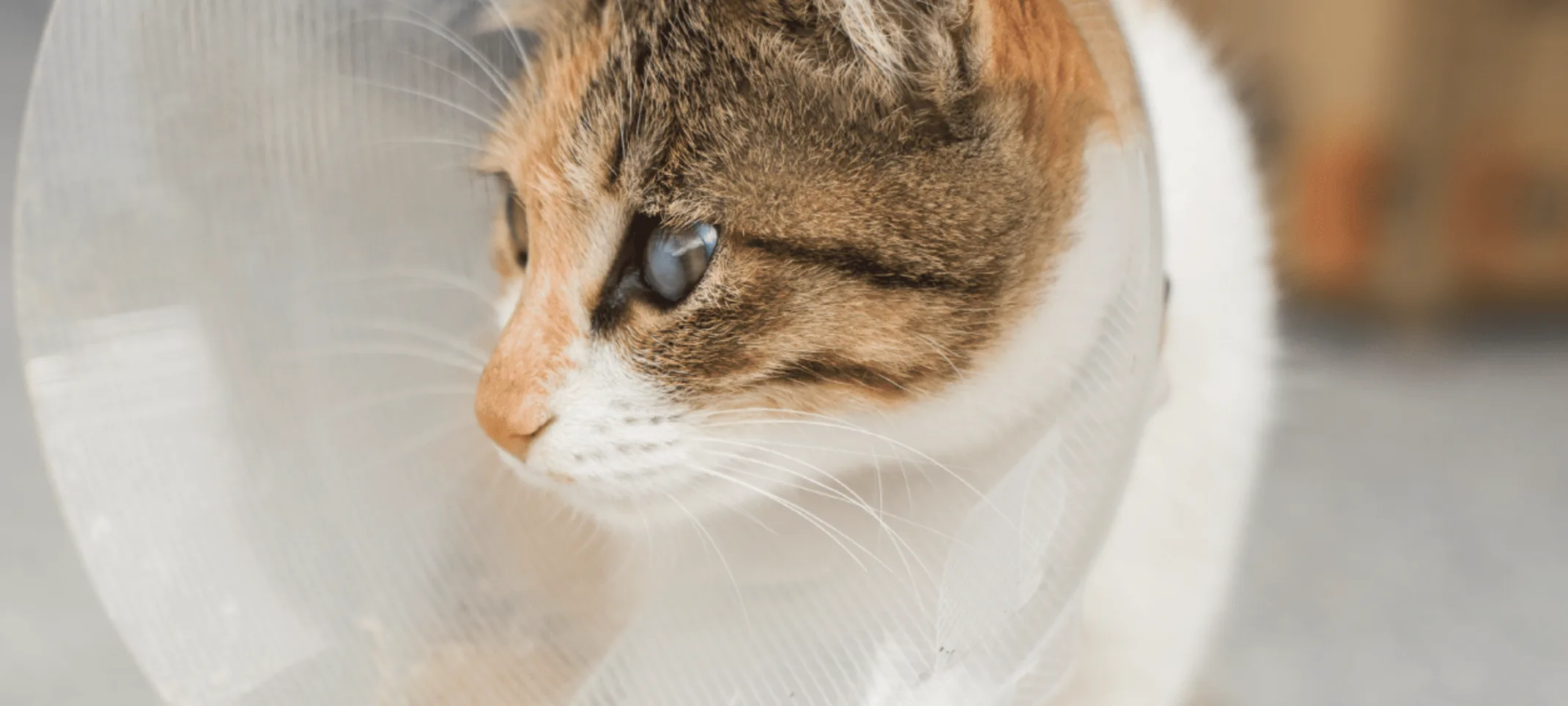East Springs Animal Hospital
Spay & Neuter
Spaying or neutering your pet can help them live a longer, healthier life, minimize behavior problems, and help control the population of unwanted dogs and cats.

Overview
According to the American Veterinary Medical Association, nearly 12,500 puppies are born in the United States each hour. Spaying females or castrating males eliminates unwanted litters, which contribute to thousands of euthanasia procedures and millions of stray animals. Additionally, these procedures can minimize behavior problems and help your pet live a longer, healthier life by reducing the likelihood of certain cancers and tumors.
East Springs Animal Hospital believes that it is your responsibility as a pet owner to have your pet spayed or neutered. The primary reason for this is to prevent unwanted pregnancies, but it also helps to improve your pet’s health in many ways.
For example, female dogs that are spayed prior to their first heat cycle only represent a small fraction of the dogs that develop mammary tumors. Reducing the incidence of mammary tumors is very important because about half of these tumors are malignant. In cats, the malignancy rate is even higher. Also, a spayed dog will not develop a life threatening uterine infection called pyometra. Neutering also helps prevent behavioral problems, perianal tumors, prostatic disease, and testicular cancer.
The ideal age to have your pet spayed or neutered is between 6 & 7 months. This age will be prior to the first heat cycle, but old enough to prevent an increased anesthetic risk or delayed growth plate closures which predispose dogs to knee injuries.
Spaying or neutering your pet is a very safe procedure with low complication rates. To ensure this, we recommend pre-anesthetic blood work to screen for underlying or hidden problems. East Springs Animal Hospital also provides current and comprehensive anesthetic protocols that customize the anesthetics to your pet’s needs to minimize risk and post-operative discomfort. Compassionate technicians and comprehensive monitoring equipment are utilized to maintain safe and steady planes of anesthesia.
Other beneficial procedures that are commonly performed during a routine spay or neuters include: microchip placement, deciduous tooth extractions, hernia repair, nares resection and gastropexy. Minimally invasive techniques can also be performed to minimize post-operative discomfort by reducing incision sizes. Call us today and confidently schedule a procedure with one of our experienced veterinarians.
